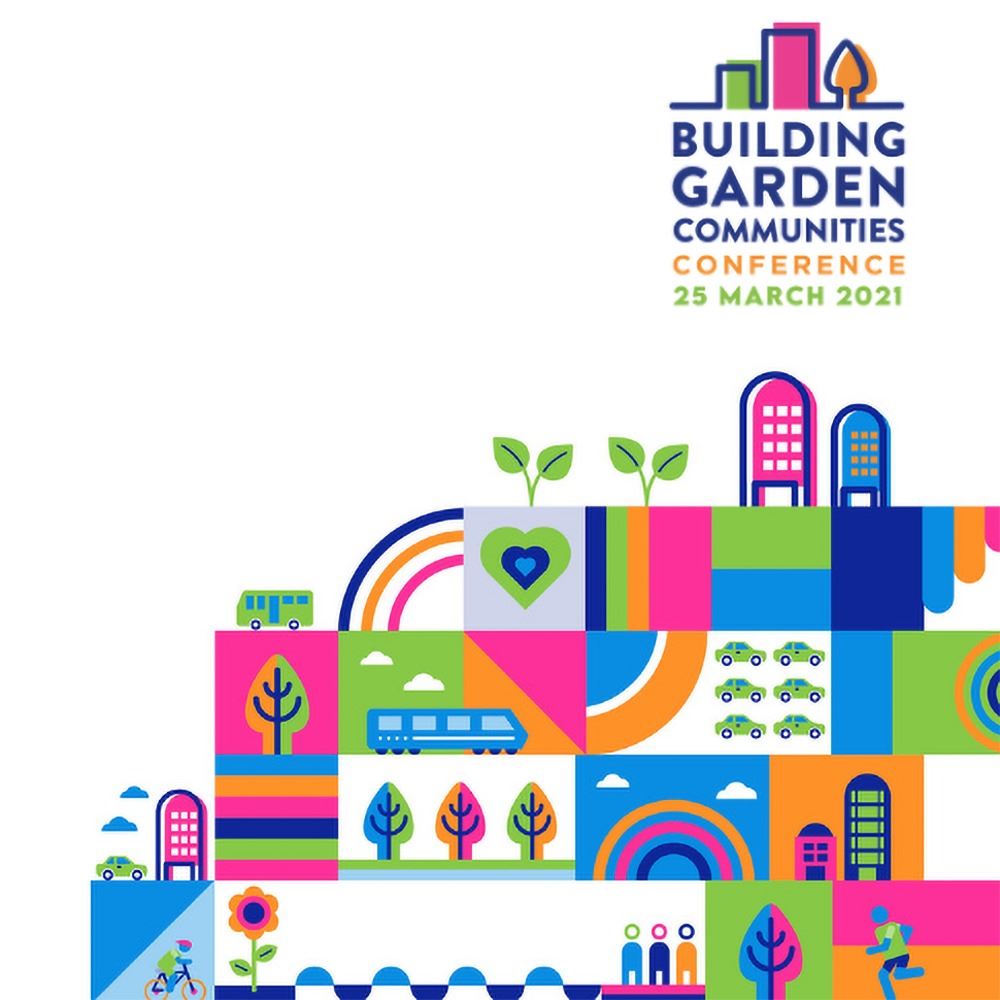New businesses, specifically those in the creative sector, want to develop and grow in places that are distinctive, thriving and productive. They will be attracted to locations that offer opportunities for them to shape the community, and where buildings and public realm are built to the highest standards of environmental sustainability.
At Creative Estuary we are working in partnership with many organisations to develop the places where the creative industries can build a vibrant and prosperous future, enriching communities and strengthening the region.
For example, we are supporting Ebbsfleet Development Corporation to deliver a network of places and spaces that will work harder and better for creative businesses. We are developing these through a process of co-design and co-location, built on an evidence base of identified local need, combined with an understanding of regional and national opportunities and demand.
Recently I spoke on the Economic Drivers and the Workplace panel at the Building Garden Communities Conference, where I shared my learnings on Ebbsfleet Garden Community. I would now like to share with you some of the discussion. I hope you find it insightful.
How can garden communities ensure they support the local economy around them?
This can be achieved through a process of inclusive growth and engagement with the communities. Garden communities need to ensure they provide local learning, employment, and enterprise prospects for people of all ages.
Central to the ethos of Garden Communities, and in line with the Creative Estuary’s ambition, is for local residents and businesses to benefit from long-term investment in the place, allowing opportunities for creative businesses, individuals and programmes to grow, and giving them confidence that they won’t be priced out of the market.
How can local businesses be involved in plans?
Through co-design and getting involved at the earliest opportunity. This is why Creative Estuary investment is supporting Ebbsfleet.
How can garden communities support new skills and jobs in the local community?
Again, this can be achieved by engaging the local community and working in partnership with the developers and contractors. Local skills providers, schools, colleges and universities can offer training and development opportunities relevant to the local and future global economy.
For example, Ebbsfleet Development Corporation is developing an apprenticeships and skills programme and our Re:Generation 2031 is programme is testing and developing new routes into employment in the creative industries.
What are the key challenges in forward planning to meet commercial and community needs?
It is simply about understanding what your communities want before they arrive and the long-term legacy implications of new spaces and places.
There must be things to do and places to go for the residents from the outset, so they don’t start going elsewhere.
How can garden communities ensure that they cater for all workers both who commute out and in?
The development must be suitable for modern lifestyles, able to address and change in line with future trends and be resilient to economic and other shocks.
For workers, the space needs to provide a place that is flexible and adaptable such as touch down workspaces in all community buildings and shared facilities in all neighbourhoods, helping residents to have greater choice about how, where, and when they work.
How can the workplace and surrounding amenities help create a sustainable ecology and equality?
Central to the Garden City Trust principles is ensuring there is a wide choice of affordable options for amenities and facilities that support everyone. We need to create neighbourhood working spaces outside the home that support local innovation and the exchange of ideas reducing the need to commute.
In summary, garden communities should consider the long-term legacy of their place at the earliest stage of development – ideally in the pre-planning stages – through vehicles such as a stewardship body or Garden City Trust to forward fund, manage and sustain facilities and programmes, and supporting vibrant creative and cultural.
